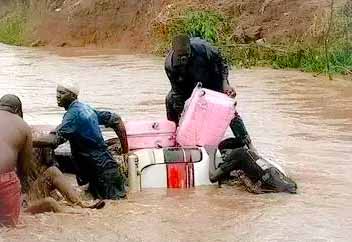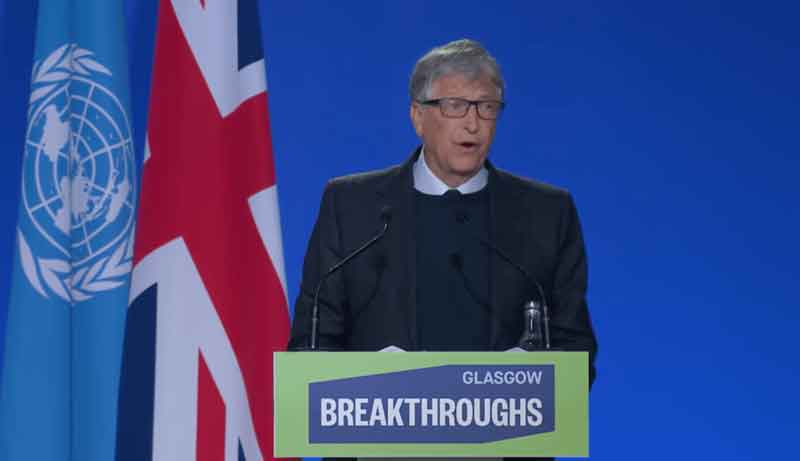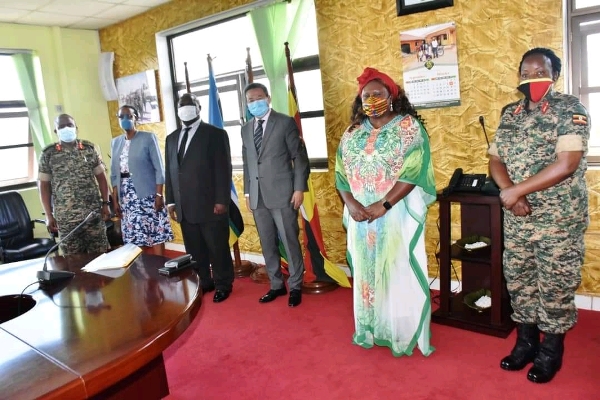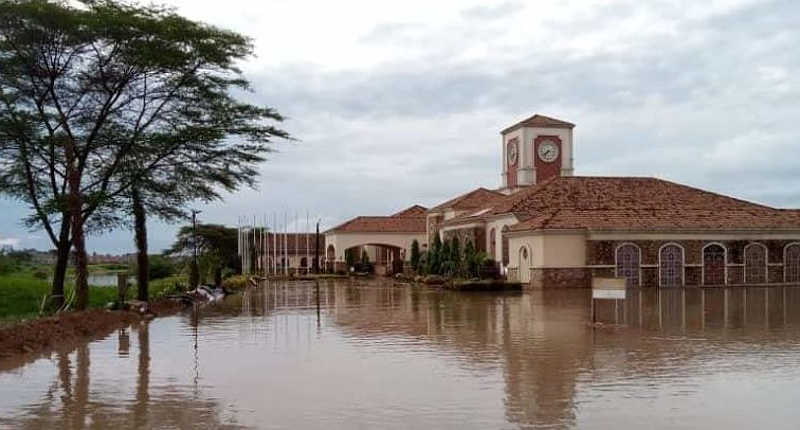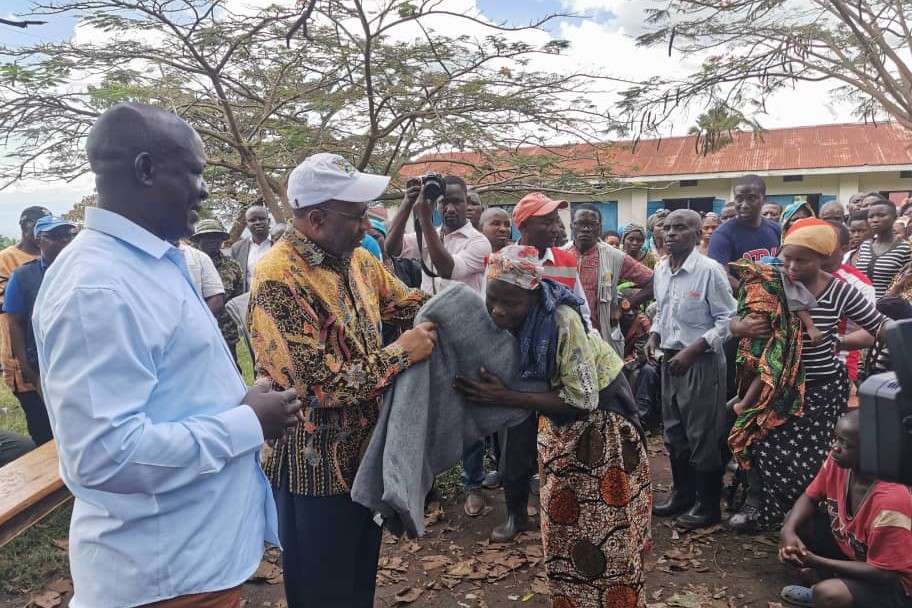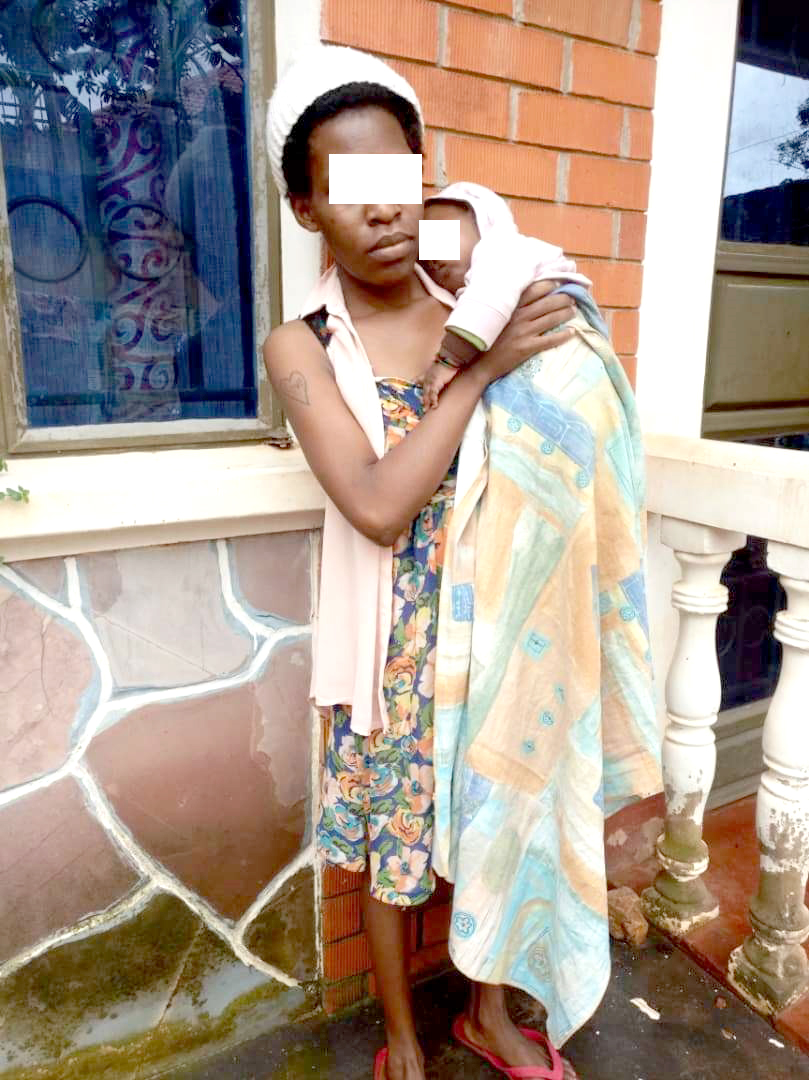Over the past decade and half, hunger, ignorance, ill-health and environmental problems in the developing world more so in Uganda which is among the Least Developed Countries (LDCs).
While the international community, of which Uganda is an active player, resolved in the year 2000 at the United Nations in New York to reduce the plight of majority of the world’s poorest by setting 8 human development goals, most assessments show that most LDCs will miss the targets when the 2015 deadline arrives.
Beyond the statistics, the failures mean that far too many people in Uganda and other poor countries, continue to die from preventable causes or that far too many people continue to live in abject poverty despite the availability of abundant resources.
The most recent assessment of Uganda’s performance in MDGs suggests that the country has largely failed or is not likely to achieve most of its targets, meaning that the country is failing to advance the livelihoods of millions of its people, let alone undermine the lives of future generations.
The prospect of failure has forced development experts and world leaders to think of new ways to pursue the same objectives, albeit in different and possibly better approaches.
In 2012, the UN Secretary General Ban Ki-Moon appointed a 27 member high-level panel to advise on the global development framework beyond 2015. Taking lessons from the MDGs era, the panel has developed a set of new so-called Sustainable Development goals that try to advance the MDGs by re-defining as well as filling gaps in them.
The high-level panel has therefore come up with 11 goals that build around the old MDGs but also go further to ensure that achievements are sustainable – hence the term Sustainable Development Goals that are likely guide international and national policy agenda for the coming decade or so.
The proposed themes are;
- Inclusive growth for dignified livelihoods and adequate standards of living;
- Sufficient food and water for active living;
- Appropriate education and skills for productive participation in society;
- Good health for the best possible physical and mental well-being;
- Security for ensuring freedom from violence;
- Gender equality, enabling men and women to participate and benefit equally in society;
- Building resilient communities and nations for reduced disaster risk from natural and technological hazards;
- Improving infrastructure for access to essential information, services and opportunities;
- Empowering people to realize their civil and political rights;
- Sustainable management of the biosphere, enabling people and the planet to thrive together; and
- Global governance and equitable rules for realizing human potential.
As the discussion on the Post 2015 agenda continues, a serious debate has broken out among different groups such as Ban Ki-Moon’s High-Level panel versus other groups like Southern Voice, and the Independent Expert Group (EIG) – a group of LDC experts, regarding the goals themselves and the mechanisms to achieve them.
Major points of agreements highlighted for LDCs
Among the areas of agreement for LDCs, experts say is the focus on poverty as the number one development priority. “LDC stakeholders agree that high rates of poverty exert a drag on economic and social progress. Eliminating poverty is thus a pre-requisite for broader development,”say analysts.
Lifting trade barriers
Greater participation in trade by LDCs within themselves and with other countries is becoming a another sticking point. This position comes out of the realisation that economic activity especially among LDCs is greatly constrained by other factors requiring global action such as trade barriers and unsustainable debt.
Climate change
Representatives of LDC leaders insist that Climate change must find binding resolutions especially by the major industrial countries if the achievements are to be sustainable. Experts believe that if current climate trends continue, major investments in LDCs will eventually be reversed by the harsh realities of nature. Although climate change talks have stalled, they look likely to gather pace in coming months and years to ensure that solutions to poverty, hunger and disease are durable.
Governance is key
governance issues are also taking centre stage in discussions about post-2015 agenda with many arguing that lack of rule of law, bad elections and corruption will undermine progress in most poor countries.

